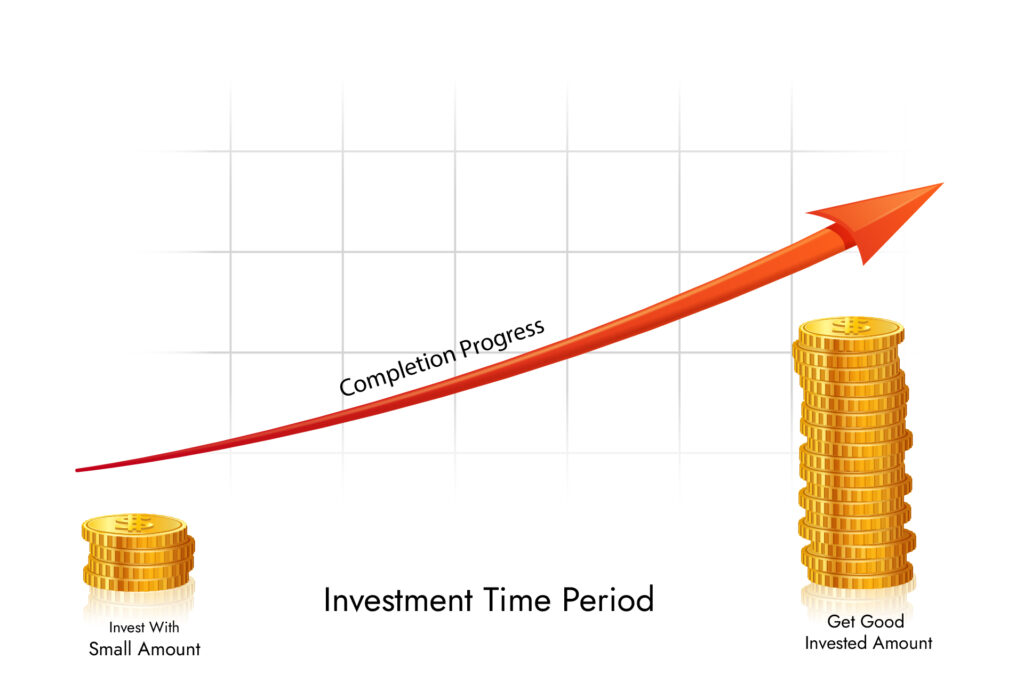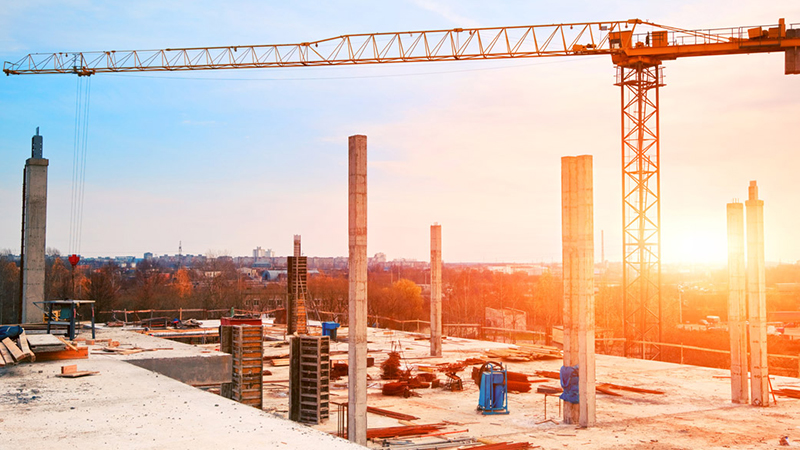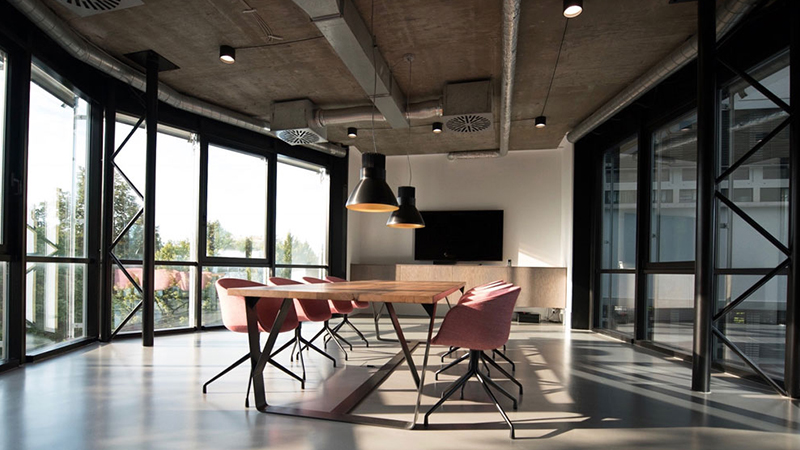

How Much has the Pandemic Affected Commercial Real Estate? - Bhutani Group
Last year’s pandemic threw almost all industries out of gear. Years of forecasts and predictions could not anticipate the global economy break that was Covid.
Even market health indicators like forex & gold, crude oil, share markets, etc, showed signs of imminent economic recession. However, the one sector that showed the most resilience toward this trend was real estate.
Especially in commercial real estate Noida showed a faster recovery than other industries. While this could be a reflection of a marginal increase in India's GDP–
from 0.4% in Q4 20-21 to 1.6% in Q1 of 21-22
It is by and large attributed to real estate being a long-term asset and is slightly insulated from epidemics and recessions.
Why has real estate, especially the commercial project aspect, stayed buoyant despite industries slowing down on a global scale? What factors are contributing to its upbeat? Get the answer to these questions here.
The Trends
There have been promising trends in terms of where this sector is headed. Here are a few snapshots:
-- JLL stated in a report that Gross Leasing Volume in India grew to 14.7mn sq ft in Q3 of 2020, recording a 138 percent increase Q-on-Q.
-- Increased mall timings and people thronging high streets, given the oncoming festive season, easing restrictions for F&B outlets, etc, are contributing to the best commercial real estate resurgence

-- A Savills report states that Jan-June ’21 saw 41 percent of 2020’s entire investment inflow in the sector. The office rental space will see a progressive increase as more and more offices develop satellite workplaces in tune with hybrid working models.
-- The real estate sector has been an attractive investment option for MNCs for years, and this trend is still up. India has been a lucrative option for global brands to make their South Asia presence felt.
-- As predicted by IBEF’s Real Estate Industry Analysis ’20, the Indian real estate sector is well on its way to becoming a $1tn behemoth by 2030.
Fractional Investment
Perhaps the most significant trendsetter the sector has seen in the recent past is Fractional Investment. It is gaining traction in the residential as well as commercial aspects of the sector.
Here are a few salient features of Fractional Investment:
-- A group of investors pool in their resources and buy a property. Since the amount is relatively smaller than purchasing the whole property, it is relatively easier to invest in a high-yield property.

-- Fractional investments have a higher control through ownership. Where Real Estate Investment Trusts (REITs) are obligated to invest 80 percent of the pool is completed and rent-generating properties, fractional investment has an obligation to invest 100 percent.
-- Unlike REITs, fractional investments present a much wider portfolio of opportunities, making this channel a route to high-value high-return properties. As laid out above, commercial properties in Noida aspect will continue to stay strong and attract investments.
It is going to prove to be a worthy backbone to the roughly 220 allied sectors that it employs. The government has announced reforms and packages to stimulate these allied sectors. And if all goes to plan, then they will grow to contribute up to 13 percent to the Indian economy; a staggering rise from its current 6-7 percent.
If you are looking to invest in the best real estate companies in Noida then Bhutani Group is one of the best commercial builders in Noida.









Leave a comment
All fields marked with an asterisk (*) are required